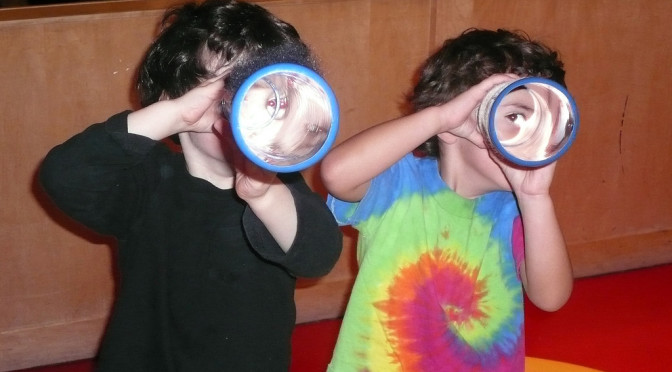It seems that no matter where you are or what happens Penn State somehow figures in the mix.
Last September I was in an automobile accident on the Pa. turnpike. Fascinating as it was to watch the firemen disassemble my car to remove me, I could have easily passed on the experience. I ended up with a rod in my left leg and plates and screws in my left arm. So call me bionic. From that point I thought it would simply be a matter of waiting the 8 to 10 weeks until I could stand on my leg and then I’d be fine. I opted to spend the time in a nursing facility in Philadelphia connected to a major hospital where my brother-in-law is a doctor on staff. I figured my sister and nieces and nephew were nearby and they could come visit.
Unfortunately things suddenly took a turn for the worse and it was a very good thing that the nursing facility was on the campus of a hospital. My leg, bruised and compressed during the accident, was filled with blood and flesh-eating bacteria I don’t really remember a great deal about the time immediately after this and I wasn’t aware of how ill I was until a resident told me one evening about a month later. He said something about the necrotizing fasciitis and I just looked at him. He didn’t realize that I hadn’t known.
I didn’t meet my surgeon until after the initial surgery. During the course of the nearly six months I was in the hospital, nursing facility or physical rehabilitation facility, I had many visits with the man. Turns out he was a Penn State Hershey Medical School graduate.
If the med school is still training and putting out doctors like him, then I suggest people go out and find a Hershey Medical School graduate. Granted, he has an internship, residency and fellowships at other medical centers under his belt, but my feeling is that the medical school probably set him on the path he’s taken.
And he is a good doctor. For one, I’m not dead. Necrotizing fasciitis is frequently deadly. I also still have two legs. While this may seem flip, it is the reality of the disease. Amputations are often necessary to save lives. During my hospitalization, I had about 15 surgeries to remove infected tissue and two surgeries to skin graft the wound sites.
He also arranged for 30 dives in a hyperbaric chamber, a standard treatment, when available, for necrotizing fasciitis and other large wounds. Spending two hours a day at 2.4 atmospheres was a snap. I just lay in a giant gerbil-like habitat tube and watched TV. But the increased oxygen in my blood improved healing and also killed any anaerobic bacteria still left after the antibiotics.
He also acted collaboratively with infectious disease doctors, orthopedists, nutritionists and others. I was bane of the infectious disease doctors because I’m apparently allergic to most antibiotics. While I endured six weeks of rashes and hives, he was always looking for ways to make things easier for me even if it made it more difficult for him.
But the most important thing of all was that he talked to me. Busy as he was, seeing patients, traveling to present papers at conferences and other duties, he had time to talk to me, or to do minor surgeries in my room. And most important of all, when he spoke to me, he looked me in the eyes and his hand often reached out and touched me. The personal touch, something I’m thinking he probably developed as a med student at Penn State’s College of Medicine.


